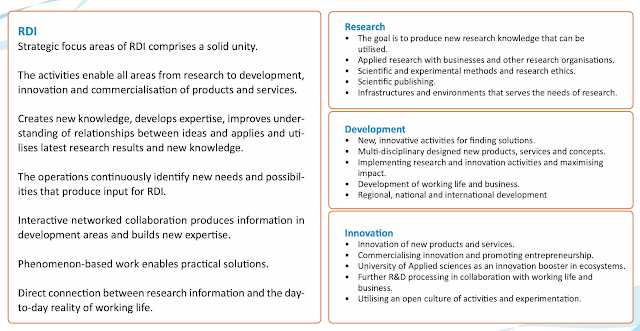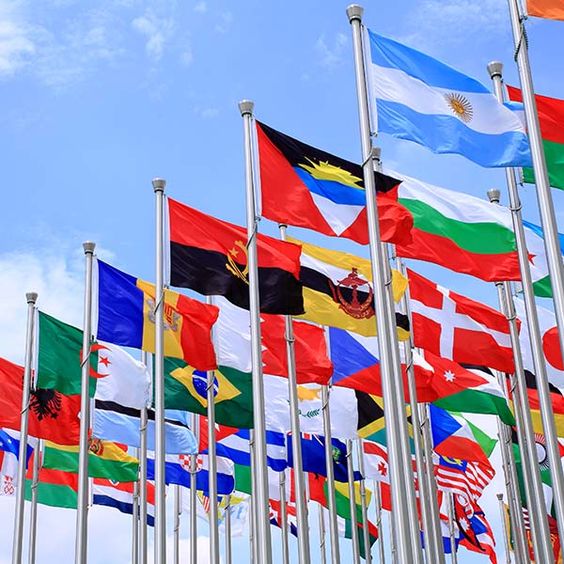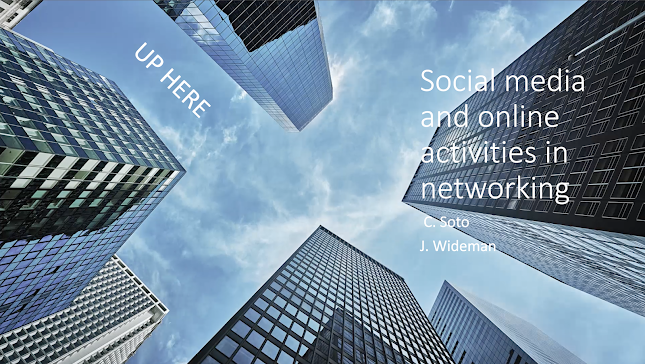"A common strategic goal of the RDI activities of any UAS is to produce information and develop services based on (applied) research that serve to strengthen the competences and competitiveness of the public agencies and the private business community in its region"
– (Maasen P. et al.2012)
Universities of Applied Sciences cope with the task of matching society needs in the form of working life solutions within education. In such dynamic times adaptation to change is absolutely vital and for this reason, education must remain updated in new competences, skills and knowledge through different methods. Here is where investigation in research, development and innovation plays and important role. Not only teachers and staff related to education must be involved in this endeavour: students as key actors within this process are an active asset of the process. Projects supporting this cause are funded by national and EU instruments but this kind of support can also be found coming from non-profit and non-governmental entities at a worldwide level.
 arene.fi
arene.fi
1. RDI funding instruments and megatrends in teacher's work.
Digitalisation is without any doubt the number one megatrend within education having COVID-19 as a powerful accelerator. New digital tools bring new opportunities and hence, an increasing need for funding to cope with the needed requirements. RDI funding instrument must not only cover the technological needs for digital tools but also cover the different projects potentially created to endeavour these new needs.
Globalisation is also an important trend closely link to the previous one or a product of it. The current accessibility to connecting tools and the speed of information make RDI projects aiming to wider views far beyond local boundaries. These projects are not limited to a national division, not even continents but are dealt from a global perspective.
Probably derived from this globalisation other megatrends affecting education could be:
- Environmental awareness. Pushing the sector to finding solutions.
- Migration movement. Impacting on employment and education.
- Technology leap. AI and other devices as a substitute of human talent.
- Increase of life expectancy. Directly connected to life-long learning and new needs.
- Hyperconnection and its derivative problems: cyberbullying etc.
- Social and economic gap.
2. National and international RDI funding instruments in education.
During this session we have learned about the importance of the existence of different funding instruments as catalysers of the different innovative projects within the educational sector. Project creation, development and later implementation are simply not possible without the support of economic entities that promote human progress and the social-economic benefit.
Depending on the project and beyond education is vital to identify the sector in which the potential RDI project is immerse and then aim the funding instruments created for the specific sector. There is also a difference between local, national or a wider scope of action. In education I assume that searching for local or national sources of financing towards research, innovation and investigation gives the opportunity to develop feasible projects in one's own environment. Nevertheless, in such a global world and due to the current challenges affecting us all in a whole, the idea of aiming further funding sources in countries or continents where a certain project is more develop is not a crazy idea at all.
From a Finnish perspective and centred in education, some of the common ways to start investigating funding sources could be:
- Ministry of Education and its Roadmap for RDI. And through this ministry:
- Academy of Finland. For punctual funding programmes.
- Ministry of Economic affairs and Employment. And through this ministry:
- Business Finland. A kind of Finnish chamber of commerce.
- Independent RDI budgets among UAS.
- Finnish National Agency for Education (OPH in Finnish).
This leads or are connected to a wider European perspective through projects such as:
- Horizon project through the European Commission and all the different projects created from the different national agencies in coordination with this.
- International funding organisations beyond the European Union: The Global Partnership for Education (GPE), UNESCO or Worldwide Education Fund (USA) or private entities in educational promotion.
4. How are the themes in the funding instruments you have identified connected to the RDI focal areas of your educational institution.
Funding institutions in general are closely connected to megatrends. That is to say that they aim to cover those current needs that have a direct impact on present-day societies. It is not a surprise then that when referring to education and educational institutions these megatrends (as listed above) represent the main target for research, development and innovation policies.
If we take the case of OAMK and its RDI initiatives into account, we realise that its range of action comprises initiatives where digitalisation, entrepreneurship, internationalisation and networking are presented as the know-how of the institution in perfect match with current megatrends. Globalisation and the easy access to connecting tools open up new needs that those educational institutions must be ready to fill. The search for educative improvement in a worldwide perspective also gives excellent possibilities in terms of education export programmes.
The conjunction of current megatrends, identified needs, know-how and with the help of funding projects makes RDI the real engine of progress in education. These kind of ventures must be seen as investments on the future, identifying new forms of economic activities and hence new jobs and new ways of human development.
5. Development project connected to our own field’s education (exercise)
As an exercise during our session we were able to prepare in groups (in only 30 mins.!!!) a complete abstract on a pretended development project in RDI having our personal professional background into account. Although seemingly we had little in common, in our team we started quickly to analyse current megatrends in our common environment: education. Our brainstorming in a nutshell was something like:
Current situation (increase of technological tools) → COVID-19 situation as accelerator → increase of energy consumption → impact on global warming → BINGO!!! we had the idea.
Our RDI project was then related to the extreme increase in digital solutions for educational nowadays, the subsequent demand of energy for those purposes and the consequences for the planet. So the project will try to awake awareness on the relationship between technological tools - global warming among educational institutions. The base of this project: the implementation of adapted curricula at the different educational stages taking into account the consequences of this situation and ways of mitigation and compensation among students and professionals.
In terms of fundraising we had clear that in an international perspective this topic was such a trending topic that is somehow easy to contact the wide range of organisations related to this cause. On the other hand, we agreed that the best way to deal with this issue was by acting locally to get global results. In this regard, we found a very interesting joint collaboration coming from the Finnish Ministry of Foreign Affairs with IFC (Blended finance for Climate Change) as a starting point. So we had all the elements in conjunction: Finland and its avantgarde in education - a global problem not properly addressed - and the right channels for fundraising.
References:
- From the bottom up. Evaluation of RDI activities of Finnish Universities of Applied Sciences. Peter Maassen, Outi Kallioinen, Päivi Keränen, Markku Penttinen, Jack Spaapen, Roswitha Wiedenhofer, Matti Kajaste and Johanna Mattila. Publications of the Finnish Higher Education Evaluation Council. The Finnish Higher Education Evaluation. July 2012
https://karvi.fi/app/uploads/2014/09/KKA_0712.pdf
-10 global megatrends facing education. A. Schleicher. OECD director of education skills. 30 January 2019. BBC news:
https://karvi.fi/app/uploads/2014/09/KKA_0712.pdf
- aka.fi
- arene.fi Rectors Conference of Finnish Universities of Applied Sciences 2017
- ec.europe.eu European Commission.
- en.unesco.org
- minedu.fi. The National roadmap for Research, Development and Innovation.
What is your personal opinion? Leave your comment down here!!!!!!!!!!!!!!
⬇️ ⬇️ ⬇️ ⬇️






Comments
Post a Comment